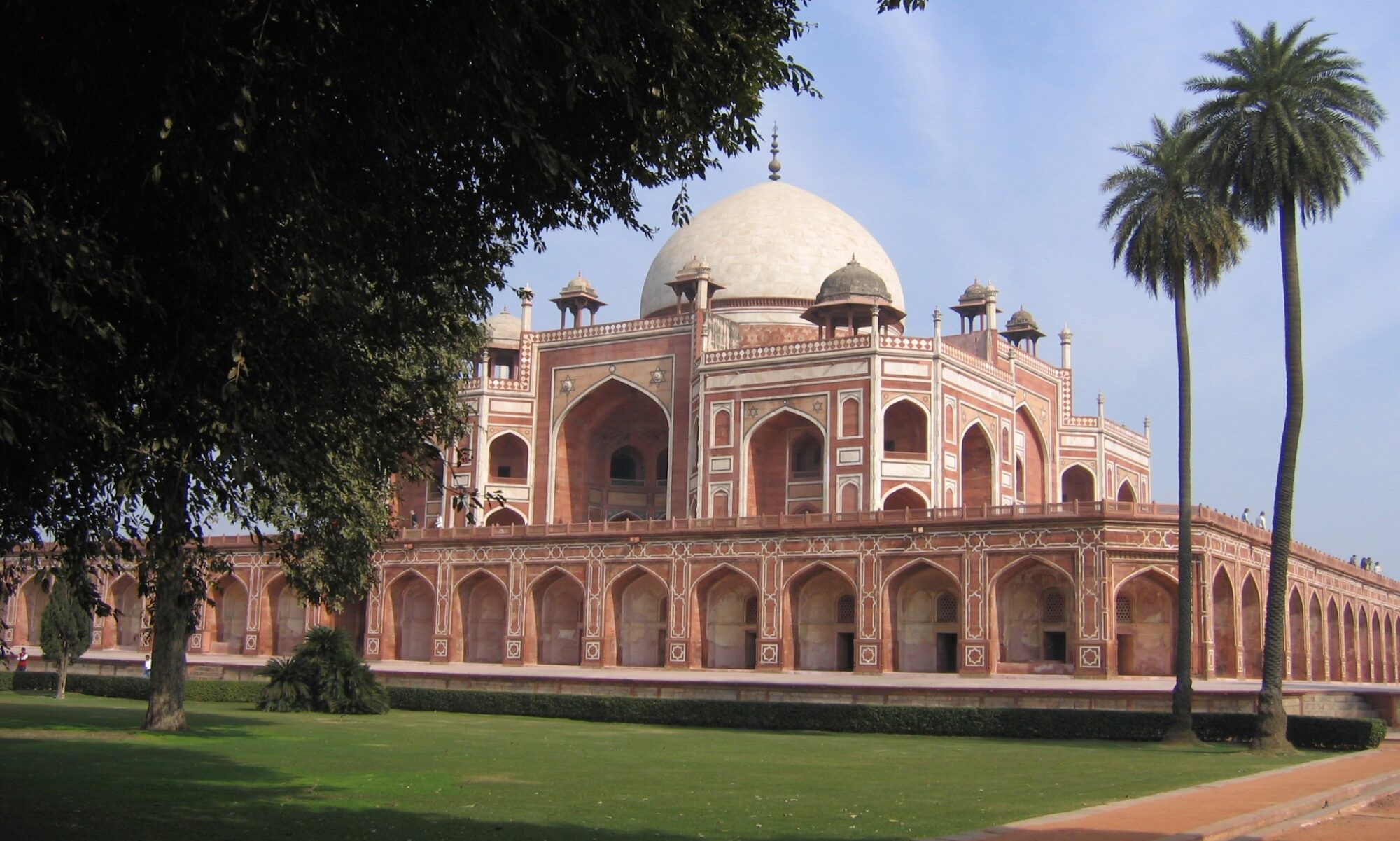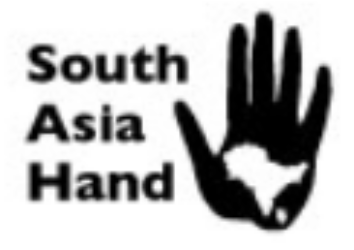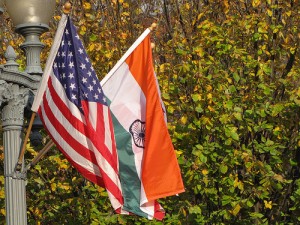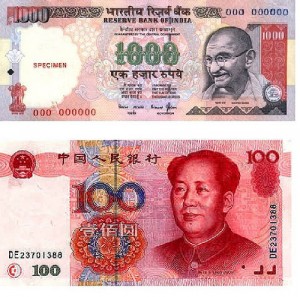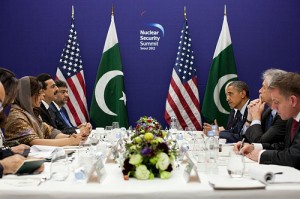
Pakistan’s colorful former ambassador to the United States, Husain Haqqani, created a flutter of excitement in a recent presentation by calling for a “divorce” between the two countries – and urging them to find “friendship outside the marital bond.” His analysis of this dysfunctional relationship tracks well with our book, How Pakistan Negotiates with the United States: Riding the Roller Coaster. Our preferred solution would be different, however: we focus more on the content of the new friendship. As a new U.S. ambassador prepares to arrive in Islamabad, the United States needs to build up aspects of its relationship that do not revolve around Afghanistan, while developing an Afghanistan strategy that is realistic about Islamabad’s goals. These differ sharply from Washington’s.
